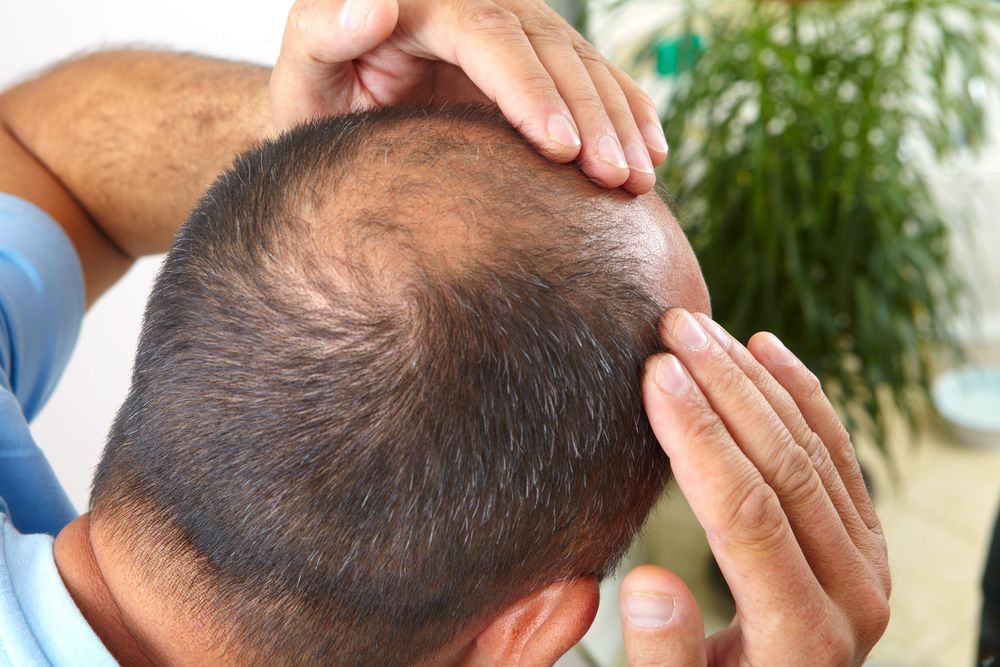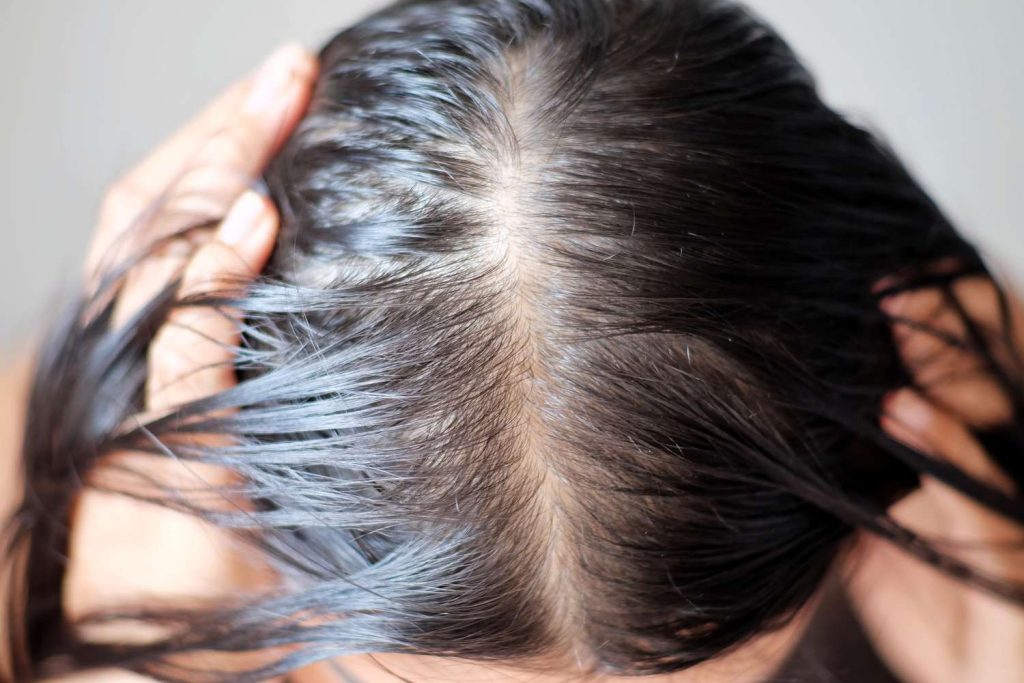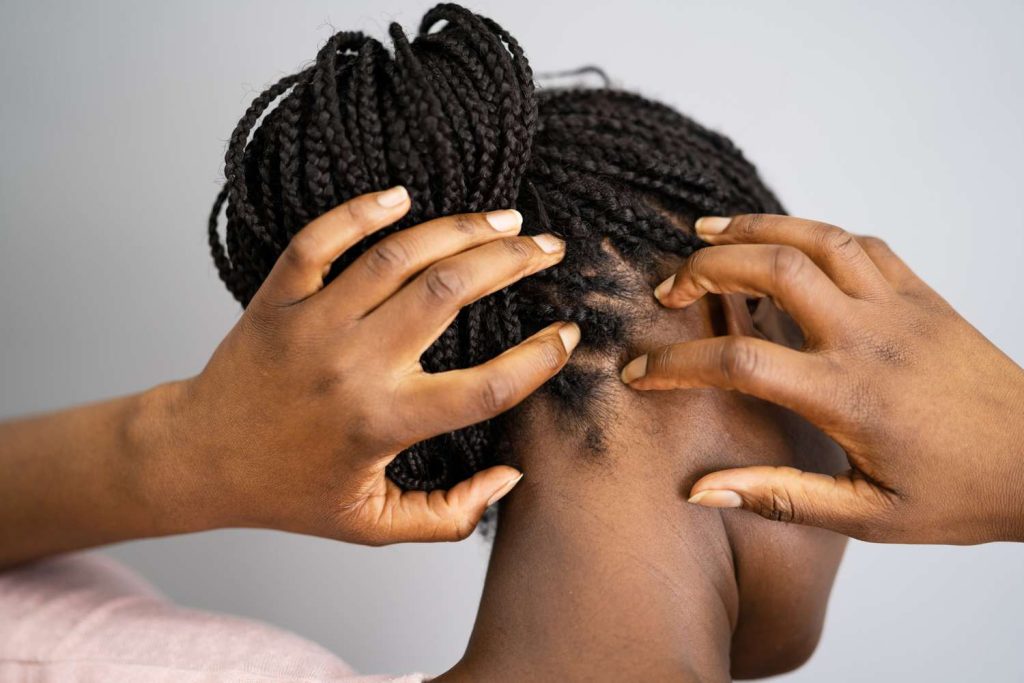If you’ve recently undergone a medical or cosmetic procedure on your scalp, you may be wondering if it’s normal to experience numbness or tingling in that area afterward. These sensations are actually quite common post-procedure and can be caused by a variety of factors, such as nerve damage, swelling, or even just the body’s natural response to trauma. While it can be unsettling, in most cases, these symptoms are temporary and should resolve on their own within a few days or weeks. If you’re concerned about prolonged numbness or severe tingling, it’s always best to consult with your healthcare provider for further evaluation and guidance. Is It Normal To Experience Numbness Or Tingling In The Scalp After The Procedure?
Have you recently undergone a medical or cosmetic procedure that left you feeling a bit off? Are you experiencing some strange sensations in your scalp, like numbness or tingling? If so, you’re not alone. Many people report feeling these symptoms after certain procedures, and it can be a cause for concern. In this article, we will explore whether it is normal to experience numbness or tingling in the scalp after a procedure, what could be causing it, and when you should seek medical attention.

What Causes Numbness or Tingling in the Scalp?
Before we dive into whether numbness or tingling in the scalp is normal after a procedure, it’s essential to understand what causes these sensations to occur in the first place. Numbness and tingling can be triggered by various factors, including nerve damage, pressure on nerves or blood vessels, inflammation, or even anxiety. When it comes to the scalp specifically, here are some common causes of numbness or tingling:
- Nerve Damage: During a procedure, nerves in the scalp can become damaged due to manipulation or trauma, leading to sensations of numbness or tingling.
- Pressure on Nerves: Any external pressure on the scalp, such as bandages or tight headwear, can compress nerves and cause a lack of sensation or abnormal tingling.
- Inflammation: Inflammation of the scalp tissues from the procedure itself or as a result of an allergic reaction can also contribute to numbness or tingling sensations.
- Anxiety: High levels of stress or anxiety before or after the procedure can manifest physically in the form of scalp numbness or tingling.
Understanding these potential causes can help you pinpoint why you may be experiencing these sensations post-procedure.
When Is It Normal to Experience Numbness or Tingling in the Scalp?
Now that we know what factors can lead to scalp numbness or tingling, let’s address the question at hand: Is it normal to experience these sensations after a procedure? The answer is yes, but only to a certain extent. It is common to feel some level of numbness or tingling in the scalp immediately after a procedure, especially if it involved manipulation of the scalp tissues or nerves. This temporary sensation is usually nothing to worry about and should resolve on its own as your body heals.
However, if the numbness or tingling persists for an extended period, becomes severe, or is accompanied by other concerning symptoms, such as pain, swelling, or loss of motor function, it may indicate a more serious issue. In such cases, it is essential to seek medical attention promptly to rule out any underlying complications.
How Long Does Numbness or Tingling Typically Last?
The duration of numbness or tingling in the scalp after a procedure can vary depending on the individual and the type of procedure performed. In most cases, mild numbness or tingling should resolve within a few hours to a few days as the body recovers from the trauma of the procedure.
If you are still experiencing these sensations after a week or more, it could be a sign of nerve damage or another underlying problem that requires medical evaluation. Chronic numbness or tingling in the scalp should not be ignored, as it can impact your quality of life and potentially indicate a more serious issue that needs to be addressed.
When to Seek Medical Attention
While some degree of numbness or tingling in the scalp after a procedure is considered normal, there are certain warning signs that should prompt you to seek medical attention immediately. Here are some red flags to watch out for:
- Severe or Prolonged Numbness or Tingling: If the sensations in your scalp are intense, persistent, or worsen over time, it could indicate nerve damage or another serious complication.
- Accompanying Symptoms: If numbness or tingling is accompanied by symptoms such as severe pain, swelling, fever, or loss of sensation elsewhere in the body, it may signal a more significant issue that requires urgent medical attention.
- Changes in Motor Function: If you experience weakness, paralysis, or difficulty moving parts of your face or scalp in addition to numbness or tingling, it could indicate nerve or muscle damage that needs to be evaluated by a healthcare professional.
If you notice any of these warning signs, do not hesitate to contact your healthcare provider or seek emergency care. Early intervention can help prevent complications and ensure proper treatment for any underlying conditions causing the numbness or tingling.
Diagnostic Tests for Scalp Numbness or Tingling
If you seek medical attention for persistent scalp numbness or tingling, your healthcare provider may recommend certain diagnostic tests to determine the cause of your symptoms. These tests can help identify underlying issues such as nerve damage, inflammation, or other conditions that may be contributing to your discomfort. Some common diagnostic tests for scalp numbness or tingling include:
- Electromyography (EMG): This test measures the electrical activity of your muscles and nerves to identify signs of nerve damage or dysfunction.
- Nerve Conduction Studies: These tests assess how well electrical signals travel along your nerves, helping to diagnose nerve compression, injury, or other abnormalities.
- MRI or CT Scan: Imaging tests such as magnetic resonance imaging (MRI) or computed tomography (CT) scans can provide detailed pictures of the scalp tissues and nerves to detect any structural abnormalities or damage.
- Blood Tests: Blood work may be requested to check for inflammatory markers, vitamin deficiencies, or other underlying conditions that could be contributing to your symptoms.
Based on the results of these tests, your healthcare provider can develop an appropriate treatment plan to address the root cause of your scalp numbness or tingling and help you find relief.

Treatment Options for Scalp Numbness or Tingling
The treatment of scalp numbness or tingling will largely depend on the underlying cause of your symptoms. For temporary numbness or tingling that is related to a recent procedure, conservative measures may be sufficient to alleviate discomfort and promote healing. Here are some common treatment options for scalp numbness or tingling:
- Rest and Relaxation: Giving your body time to recover and avoiding activities that exacerbate your symptoms can help reduce numbness or tingling in the scalp.
- Ice Packs: Applying a cold compress to the affected area can help reduce inflammation and numbness, providing temporary relief from discomfort.
- Pain Medication: Over-the-counter pain relievers such as acetaminophen or ibuprofen may be recommended to manage any associated pain or discomfort.
- Physical Therapy: If nerve damage is causing your symptoms, physical therapy exercises can help restore nerve function and improve sensation in the affected area.
- Prescription Medications: In cases of severe nerve damage or chronic numbness, your healthcare provider may prescribe medications such as anticonvulsants or antidepressants to manage pain and improve nerve function.
It is essential to follow your healthcare provider’s recommendations for treatment and attend follow-up appointments to monitor your progress and adjust your treatment plan as needed. With proper care and treatment, most cases of scalp numbness or tingling can be managed effectively, allowing you to return to normal activities and regain feeling in the affected area.
Lifestyle Changes to Alleviate Scalp Numbness or Tingling
In addition to medical treatment, making certain lifestyle changes can help reduce scalp numbness or tingling and promote overall healing and well-being. Here are some tips to consider:
- Avoid Tight Headwear: If you regularly wear hats, helmets, or other headgear, opt for looser styles to minimize pressure on your scalp and nerves.
- Practice Stress-Relief Techniques: Engage in activities such as meditation, yoga, deep breathing exercises, or mindfulness to reduce stress and anxiety, which can contribute to scalp numbness or tingling.
- Stay Hydrated: Dehydration can worsen inflammation and nerve function, so be sure to drink an adequate amount of water each day to keep your body and scalp tissues healthy.
- Eat a Balanced Diet: Consuming a diet rich in vitamins, minerals, and antioxidants can support nerve health and reduce inflammation, potentially alleviating numbness or tingling in the scalp.
- Get Regular Exercise: Physical activity can improve circulation, reduce inflammation, and promote nerve function, all of which can help alleviate scalp numbness or tingling.
By incorporating these lifestyle changes into your daily routine, you can support your body’s healing process and reduce the frequency and intensity of numbness or tingling in your scalp.

Conclusion
In conclusion, experiencing numbness or tingling in the scalp after a medical or cosmetic procedure is relatively common and usually resolves on its own with time. While mild, temporary symptoms are generally nothing to worry about, persistent or severe numbness or tingling should be evaluated by a healthcare professional to rule out any underlying issues. By understanding the potential causes of scalp numbness or tingling, recognizing warning signs that require medical attention, and following appropriate treatment and lifestyle recommendations, you can effectively manage your symptoms and promote healing in the affected area. Remember to prioritize your health and well-being by seeking timely care for any concerning scalp sensations to ensure a speedy recovery and optimal outcomes.


